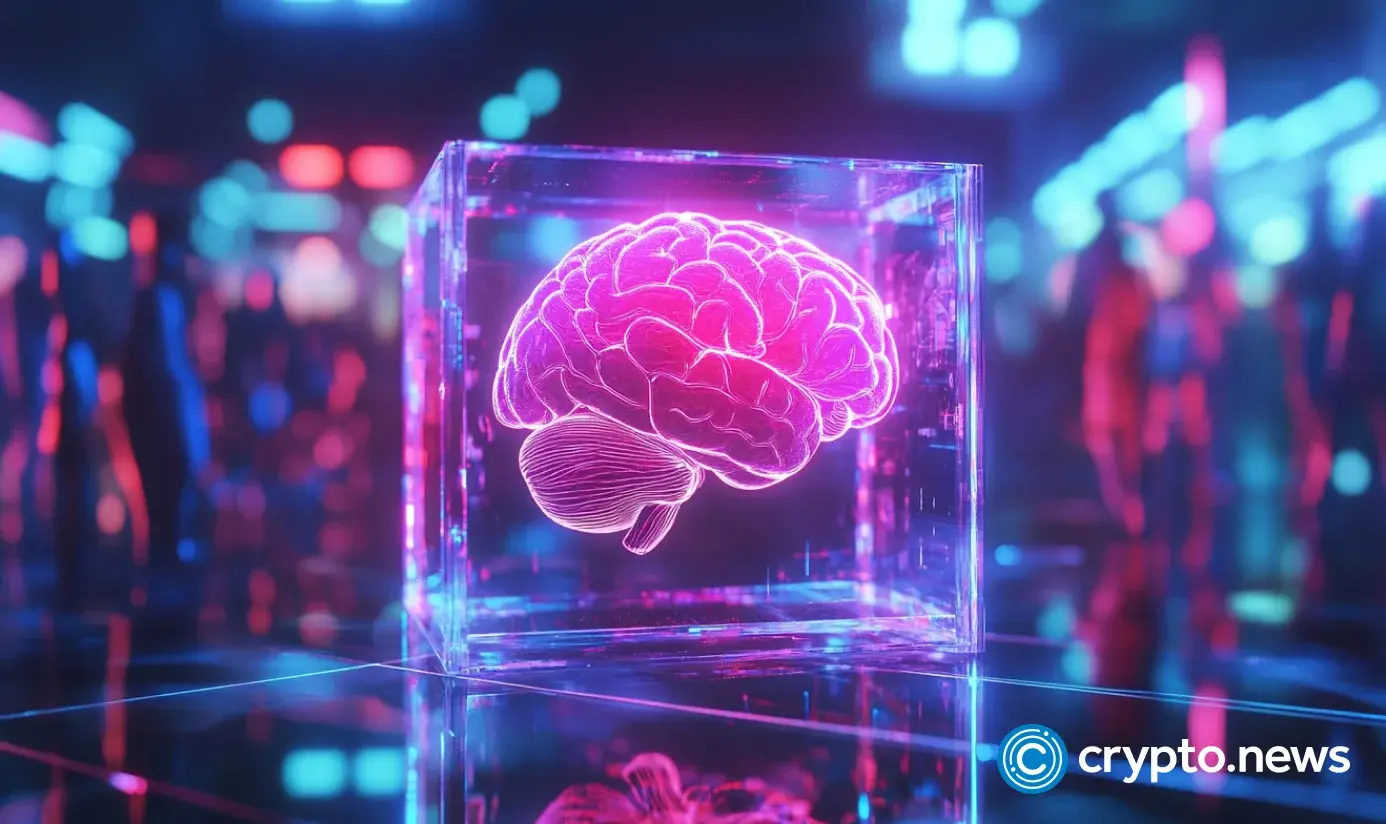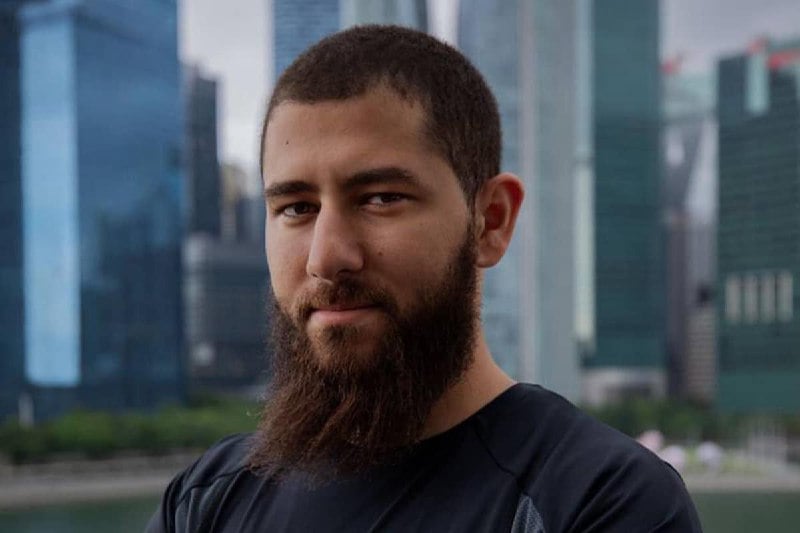Disclosure: The views and opinions expressed here are solely those of the author and do not represent the views and opinions of crypto.news editorial.
The web3 ecosystem has been often hailed as the cornerstone of a more transparent and decentralized digital economy. In her heart she is Decentralized autonomous organizationsWhich changed our idea of government by distributing the decision-making process among society. However, as DAOs expand, they face a number of obstacles, ranging from inefficiency in the decision-making process to the limitations of human bias. Decentralized Autonomous AI Organizations, or DeAIOs for short, are the next evolution in governance, combining the capabilities of DAOs with the precision and adaptability of AI.
Recent data shows the necessity of innovation in decentralized governance. Today, the total treasury held by DAOs exceeds $32.5 billion, representing collective assets that these organizations can allocate independently. This figure does not include assets managed by the DAO but not owned, such as bonus fees or staking accounts.
With all this funding power, existing DAOs struggle to maintain active participation over time due to cumbersome voting mechanisms and delayed decision-making. DAO members express frustration with the time needed to reach consensus on important proposals. And this Assuming 50% of DAOs have 10 or fewer voters, and the vast majority have fewer than 100. There are four DAOs with more than 100,000 voters, but even in such large entities, proposals fail to pass due to lack of participation. Which leaves basic decisions unresolved. Such trends make the issue of integrating artificial intelligence into governance systems more urgent than ever before.
Most DAO developers and members tend to overlook issues with proposals etc 60% They do not have clear descriptions or symbols for their members. This points to a major problem with keeping things transparent in the DAO governance process.
AI-powered governance for smarter, faster DAOs
In short, DeAIOs are a more sophisticated version of DAOs that integrate AI-based algorithms into their decision-making frameworks. Traditional DAO governance relies on human participants voting on proposals, which can lead to delays and fragmentation of the decision-making process. In contrast, DeAIOs use AI algorithms to improve and automate actions, process data analysis, predict outcomes, and make decisions that align with community goals and values.
I firmly believe that the combination of decentralization and AI can help DeAIOs overcome major limitations of standard DAOs, making governance faster, more efficient, and significantly scalable. Here's how DeAIOs address these limitations:
- Enhancing the decision-making process: AI-powered systems process massive data sets in real-time, delivering data-driven recommendations that humans would struggle to achieve on the same scale. For example, machine learning algorithms can suggest the best resource allocation by analyzing market trends, community attitudes, and project parameters. This removes much of the subjectivity that might hinder human-led governance.
- Increased efficiency and speed: The slow pace of decision-making in traditional DAOs is a well-documented problem. Proposals may continue for weeks while members debate and vote. At DeAIO, AI automates most of this process, allowing for near-instantaneous answers to governance needs.
- Scalability and independence: Scaling up traditional DAOs often requires proportionate increases in human oversight, which can become cumbersome. DeAIOs avoid this by using artificial intelligence to manage massive amounts of decisions and transactions with minimal human intervention.
- Real-time adjustments and improvements: Through machine learning, the AI systems within DeAIOs adapt to changing circumstances, they learn from previous judgments and external variables. For example, AI might dynamically change voting thresholds based on community activity levels, ensuring inclusivity while achieving efficiency.
- Ethical and transparent governance: Transparency remains an essential element of decentralized governance. DeAIOs' AI systems follow specific ethical standards, and all decisions are auditable and traceable to build trust and align actions with shared values.
Ethical programming, accountability, and what lies ahead
I argue that DeAIOs are not just a technological advance. It represents a philosophical shift in governance, merging the precision of AI with the principles of democratic decentralization – that leads to efficient and fair systems.
Consider the impact on areas like DeFi. Platforms that include DeAIO governance can improve risk management, predict market fluctuations, and adjust lending protocols accordingly. Likewise, decentralized supply chains can use DeAIOs to optimize logistics and use real-time coordination across global networks.
DeAIOs have huge potential, but their implementation presents hurdles, as ethical programming of AI systems requires careful consideration. How do we ensure that AI governance agents remain neutral? How can we prevent biases in the underlying algorithms from influencing decisions? We'll have to find answers to these questions as we move forward.
Moreover, questions about accountability loom large. If an AI-based system's decision leads to unintended consequences, who bears responsibility? All of these issues require strong protections and community oversight measures to ensure DeAIOs remain true to their founding goals.
However, obvious obstacles aside, these organizations can change industries, improve resource allocation, and democratize access to decision-making like never before. In the coming years, wider adoption of DeAIOs has the potential to completely reshape how we think about governance, not just within blockchain ecosystems but throughout society. The issue is no longer whether AI will play a role in decentralized governance, but rather how we will use its power to create faster, smarter, and more inclusive systems.
Source link

